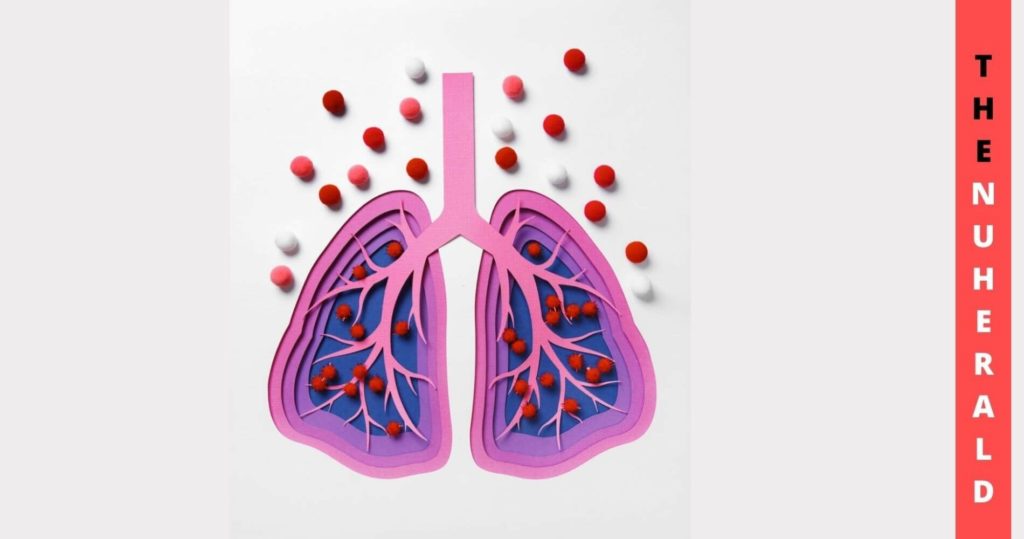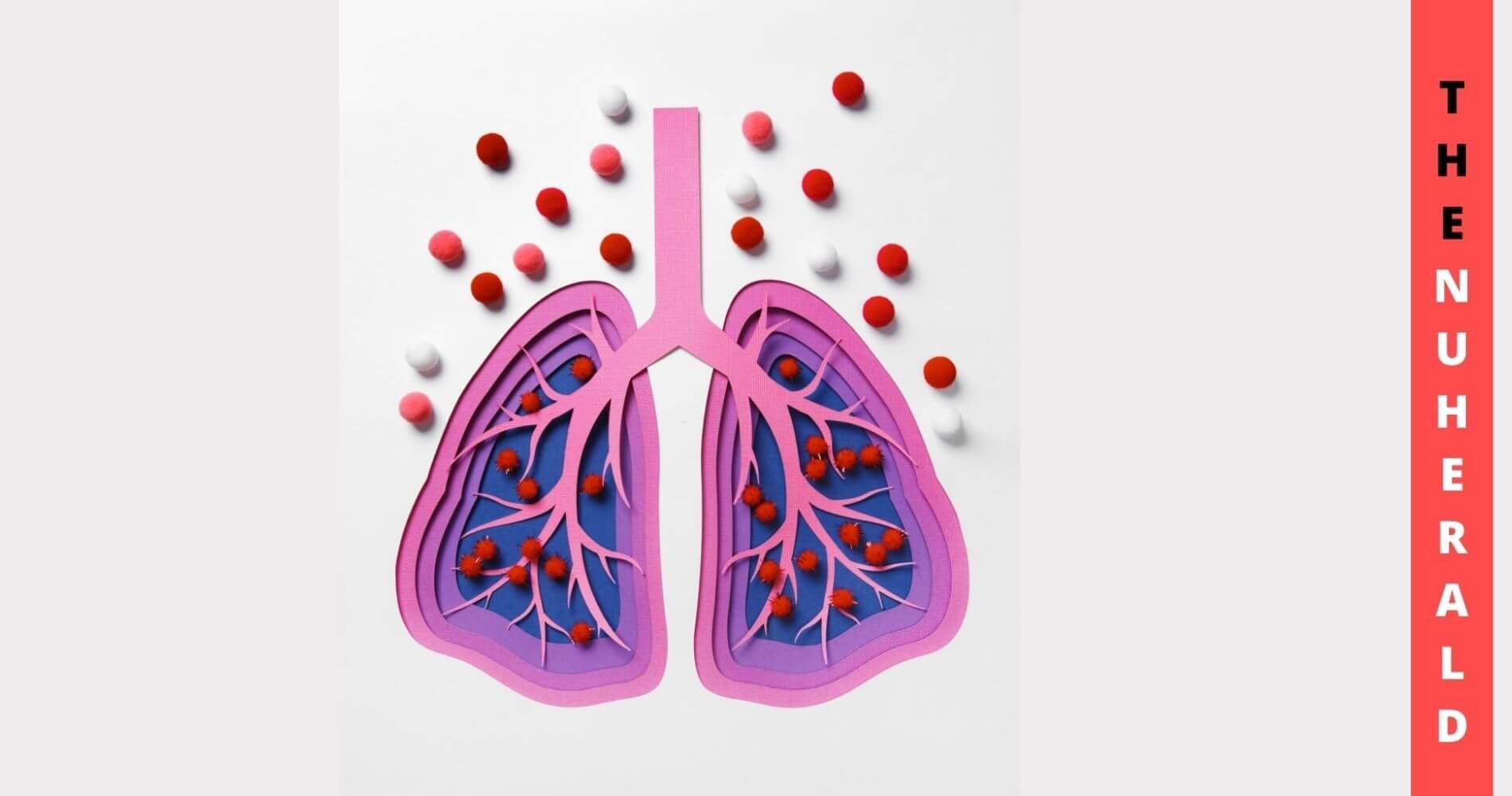Coronavirus, which is menacing the entire World, is not just mutating itself to different strains but also transforming itself to produce greater complexities in the human body. A new study published in medRxiv preprint server gives a detailed view on the effect of Long-term Covid on Lung performance.
Long-Term Covid-19 Infection Results In Lung Performance Abnormalities
This study was conducted by a group of researchers from the University of Oxford, University of Birmingham, University of Sheffield, Cardiff, and Munich. This study was released in medRxiv preprint server and was funded by the Government in 2021. NIHR Oxford Biomedical Research Centre has supported the study. The team consisted of more than 15 researchers.

This paper states that people who were susceptible to long-lasting COVID had irregularities in the functions of the lungs. Something unexpected was, this abnormality was not detected by normal tests and CT scans. A novel hyperpolarized xenon gas MRI scan is used to detect this defect in the lung.
Chief investigator of the study, Prof Fergus Gleeson, a radiologist at Oxford University Hospital NHS foundation trust addresses by saying, ‘ Most of the patients having long-lasting COVID did not experience severe complexities at the time of infection. Some patients have been experiencing effects of the infection post-COVID-19 infection prevailing for months.’
Generally, COVID persists in a person’s body for about 10 to 15 days. Long-term COVID is found to sustain in a body for more than six weeks to months. A recent study conducted by a group of researchers has marked the existence of coronavirus for about 83 days in a patient’s body, which is puzzling the scientists.
Co-author of the study, Dr. Emily Fraser, Consultant at Oxford University Hospital says ‘This is the first study that proves the role and effect of coronavirus in the deterioration of lung function. This affirms that the virus affects the lung at microscopic levels, it may infect lungs at pulmonary vasculature and other microstructures. It investigates the reason for breathlessness caused by the virus. This is not to erode the motto of rehabilitation schemes that treat people, rehabilitation plays a key role in healing people suffering from breathing problems. This study might help people travel on the right path.’
This breathlessness study of the lung started with 36 participants as a small-scale study. The individuals are categorized into three groups based on their rate of infection. Those three groups are:
- Patients with long-term COVID infection and possessing a normal computerized tomography scan.
- Patients with normal COVID infection with normal CT scan and must have been cured of the infection 3 months ago.
- Control group of similar age, gender, and health status.
Thus 36 individuals were studied with Hyperpolarised xenon gas MRI. This type of MRI is entirely secure and less time-consuming. The reactivity of xenon is similar to oxygen and is not hazardous. The patient is let to inhale one liter of hyperpolarised Xenon gas while lying in an MRI scanner which can be easily detected by MRI. The motion of the xenon gas from the lungs to the bloodstream can be spotted by radiologists. It can be performed many times to check the activities of the lung.
Commonly, Coronavirus creates greater havoc on the lungs. It affects and ruptures the alveoli of the lungs. It infects all the parts of the respiratory tract causing inflammation. CT scan can find the general infection caused, but it Cannot detect the post covid effects occurring on the lungs which are minute in size to analyze.
Head of Imaging and NIHR Research, Jim Wild, Professor of Magnetic Resonance at the University of Sheffield shares his insights that ‘ Xenon gas-based MRI is used by researchers to understand the reason for breathlessness in COVID patients after the infection. Xenon adheres to the route of oxygen and can help us provide a clear view of the transport of gases through the capillaries, airways, and microstructures of the lung. We are currently working on bringing out the clinical usage of this study. ‘
A shocking statistic published states that only 54% of the Long-term COVID-infected patients have been survived the effects of the disease. Long-term COVID is coupled with cough, shortness of breath, body pain, fever, fatigue, etc., breathlessness is the common symptom in this, but the linkage remains unknown.
Professor Nick Lemoine who is the Medical Director of the NIHR Clinical Research Network and Chair of NIHR’s Long Covid funding committee said: ‘COVID-19 related symptoms persist in millions of people in UK months after the infection associated with shortness of breath. The role of the UK research community in working on this study on the possible earliest stage is life-saving and much appreciated’.
This study has received an investment of about £40 million from the National Institute for Health Research. NIHR aims to understand in detail the underlying complication that occurs post-COVID-19 and which helps in the prevention, treatment, and early diagnosis of the viral infection.
